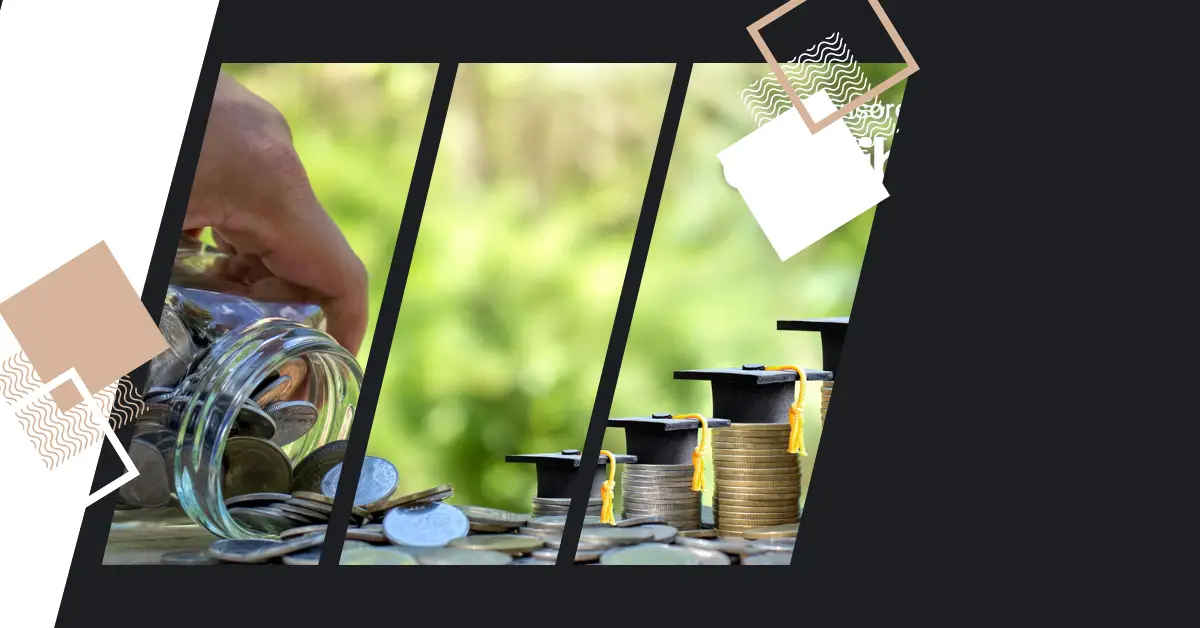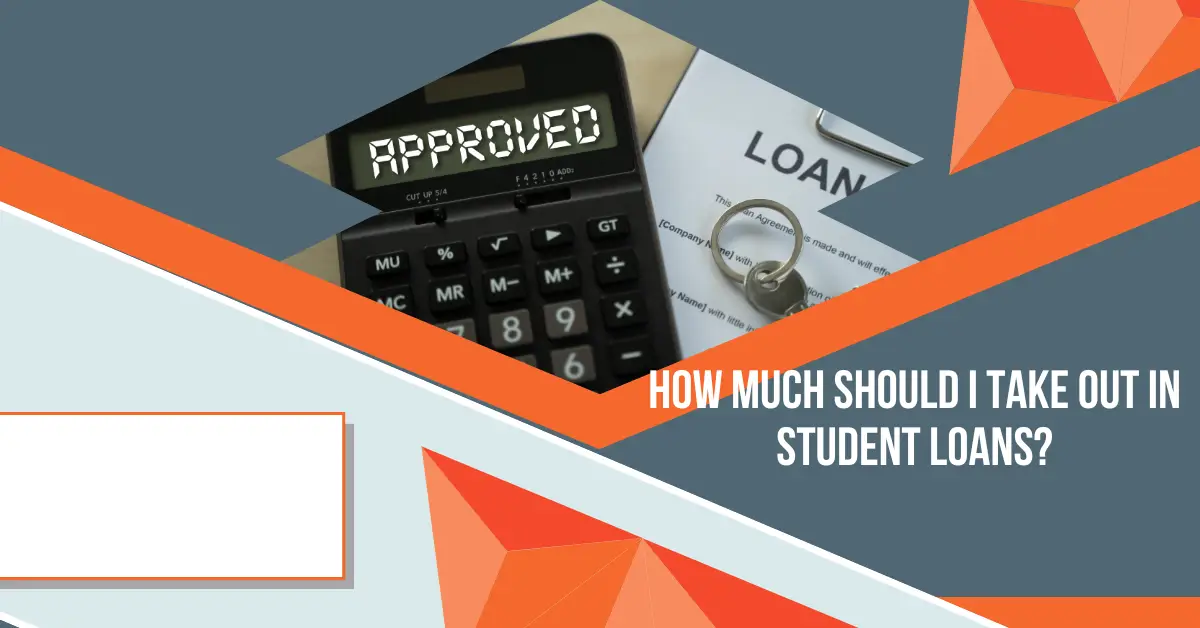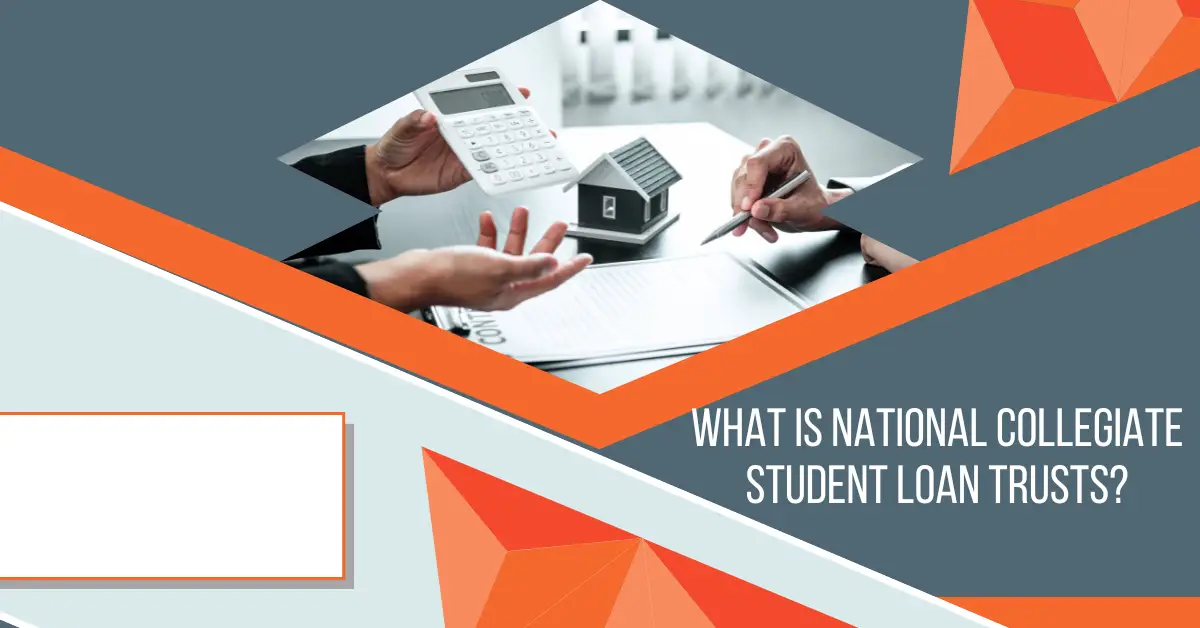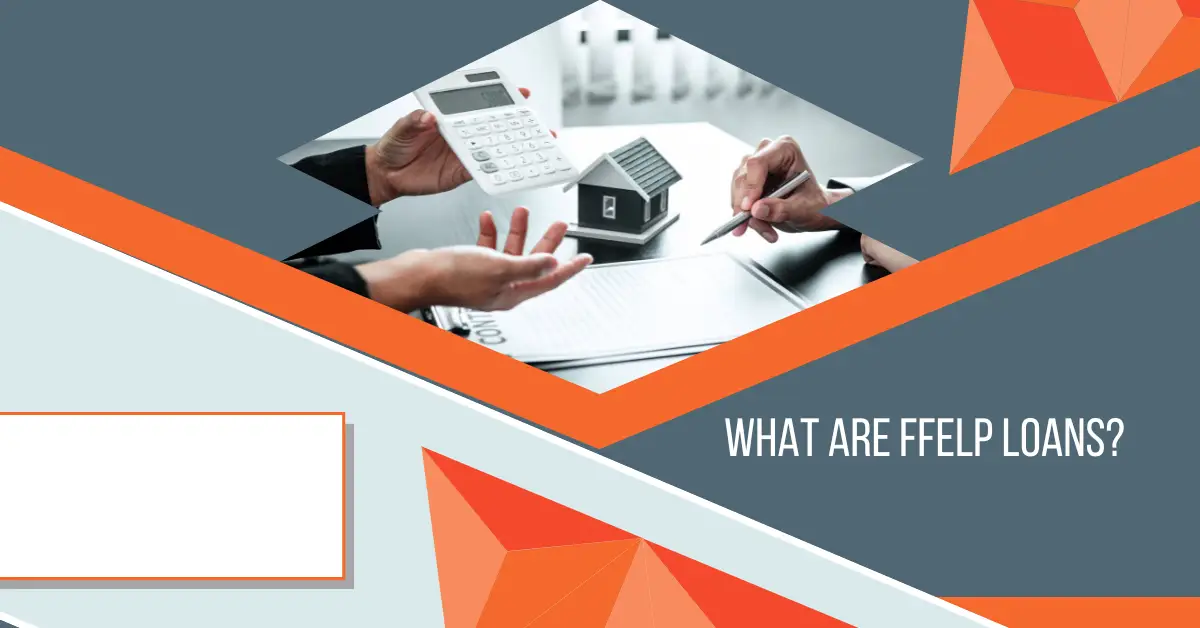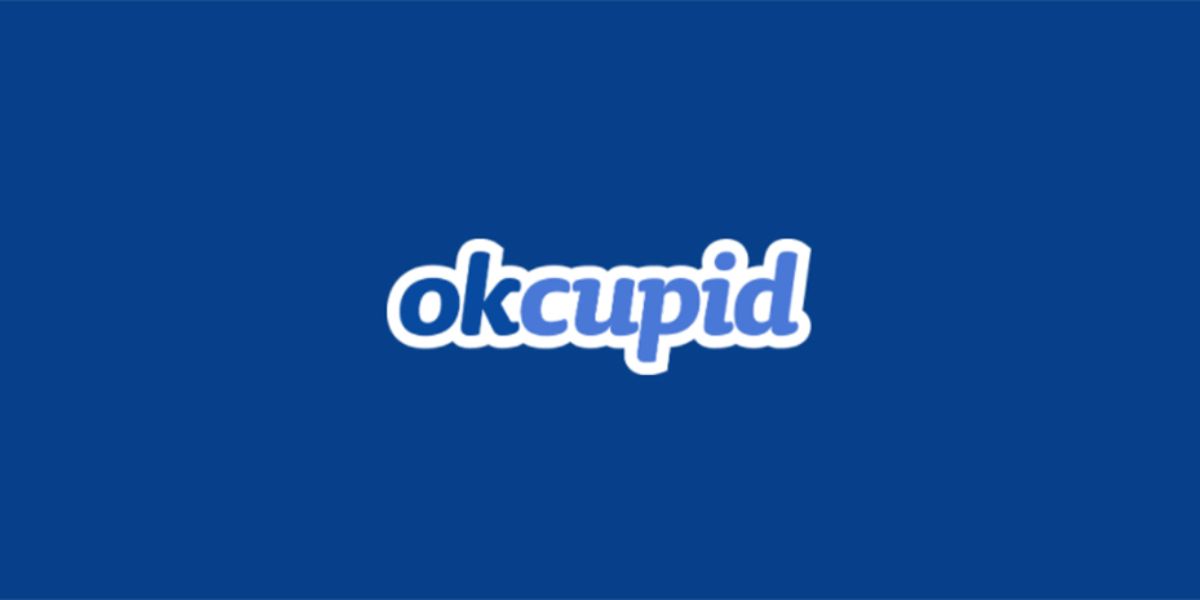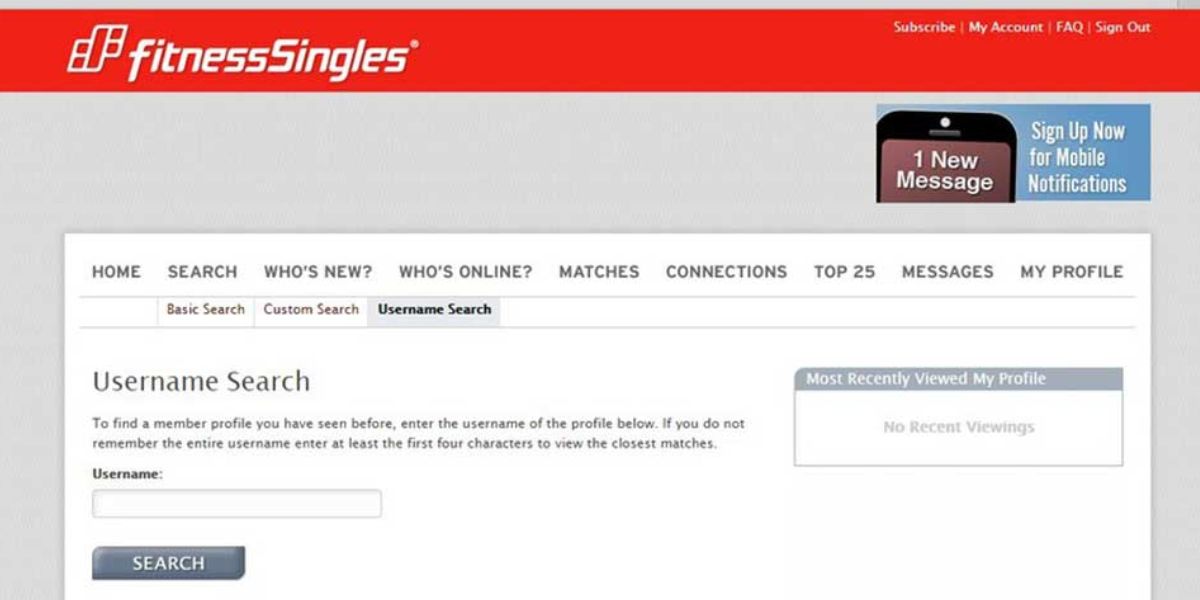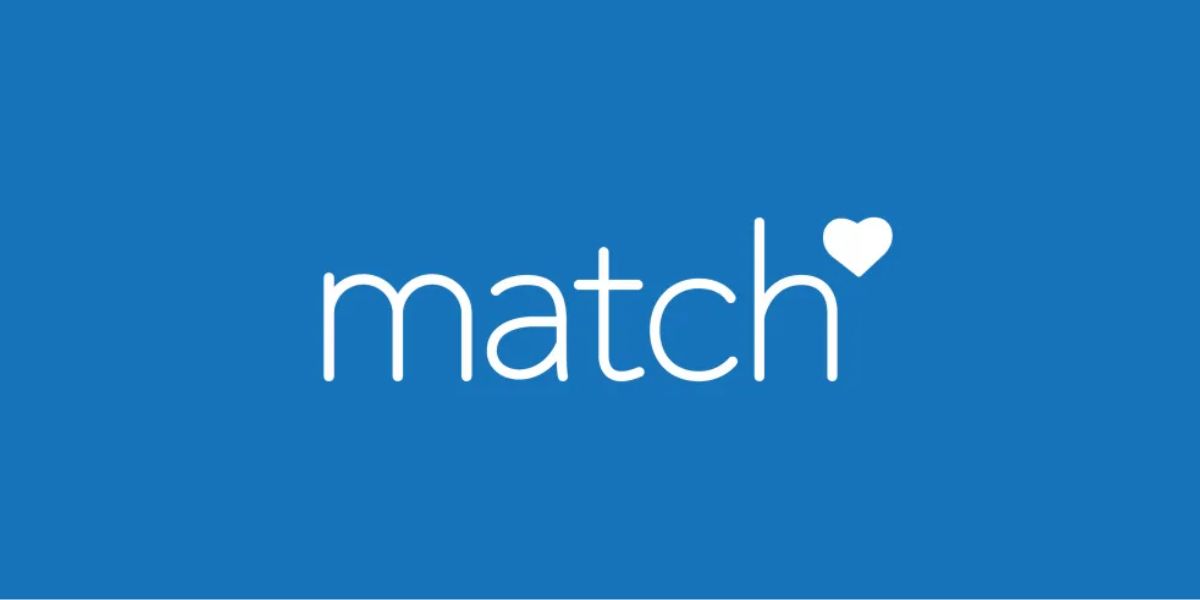If you’ve been in debt for a long time and have extra money, it might seem like a no-brainer to pay off your student loans early.
But student loans usually have lower interest rates than other kinds of debt, and paying them off early could keep you from reaching other financial goals, like buying a house.
Before you decide to pay off your student loans, you should think about your finances and goals. Some people may want to pay off their student loans early, but this has some problems.
Can You Pay Off Student Loans Early?
Whether you should pay off your student loans early or not depends a lot on your situation. Peter Dunn, CEO of Your Money Line, says that paying off your loans early is a big deal, but you shouldn’t do it at the expense of other important financial goals.
Dunn says, “Establish an emergency fund, contribute to your employer’s retirement plan at least up to the match and prioritize any other high-interest debt before attacking your student loans.”
“Once you’re on track with your core financial habits and obligations, start looking at systematically paying down your student loans.”
Pay Off Your Student Loans Early if:
- You’re saving a reasonable amount for retirement already. Putting some extra money toward your student loans might make sense if you’re already saving for retirement and on track to reach your long-term goals.
- Your income is high enough to fund other goals. If your income is high enough to save for other financial goals and still have money left over, it may make sense to pay off your student loans faster than usual.
- You have paid off all high-interest debt. If you don’t have any credit card debt or other high-interest debts, that’s another sign that paying off your student loans early might make sense.
- You have a fully funded emergency fund. You should only pay off your student loans early if you have enough money in a high-yield savings account to cover your bills for at least three to six months. But don’t use your emergency fund to pay off your student loans. Instead, keep it whole and ready for real emergencies.
Have a look at some of the latest trending news:
- Consolidate Student Loans: Consolidation Vs. Refinancing
- How To Apply For Student Loans? Step By Step Guide
Don’t Pay Off Your Student Loans Early if:
- You’re not saving for retirement. If you haven’t started saving for retirement, you should take care of this first. At the very least, you should put in as much as your employer will match into your retirement account at work. If you work for yourself, putting money into a SEP IRA or a solo 401(k) can help you save for retirement and lower the amount of money you must pay taxes on.
- You have high-interest debt. If you owe money for other things, you should first pay off the balances with the highest interest rates. For example, the average interest rate on a credit card is well over 17 percent, much higher than the interest rate on most student loans.
- You don’t have any savings. If you don’t have any cash for emergencies or other goals, you should put any extra money there first.
- You may want to utilize federal programs. If you have federal student loans and are considering signing up for an income-based repayment plan or Public Service Loan Forgiveness, don’t pay extra on your loans yet. With both programs, you can get a portion of your debt wiped out.
Pros and Cons of Paying Off Student Loans Early!
There are pros and cons to paying off student loans early. Here are some good and bad things about paying off your loan early.
Pros
- Pay less over the life of the loan: Since your student loan, like most other debt, charges interest when you don’t pay it off, it’s cheaper to pay it off sooner. It gives the debt less time to build up interest, which means that in the long run, you’ll pay less money.
- Get a head start on other financial goals: With one less monthly payment to worry about, you’ll be able to use the money you would have spent on your student loans for other things, like saving for a house or retirement, paying off a mortgage, or taking a vacation.
- Improve debt-to-income ratio: Your debt-to-income balance could increase if you eliminate a significant monthly payment. This is a number that most lenders look at when deciding whether or not to give you credit. If your debt-to-income ratio goes down, you may be able to get lower rates on credit cards, mortgages, and other loans.
Cons
- Higher monthly payments: You may find it hard to pay off your student loans early, especially if you are starting your career or don’t make much money. Paying off your loans early means making more or larger payments, so you should only increase your expenses if you can without making too many sacrifices.
- Draws focus from other financial goals: You shouldn’t put off some financial goals, and focusing on your student loans could detract from them. If, for example, you don’t have an emergency fund yet, put any extra money there first.
- No opportunities for student loan forgiveness: If your career means your student loans will be forgiven after a specific time, paying them off early doesn’t make sense. You should make the payments you need to make until the debt is gone.
How to Pay Off Student Loans Quickly?
If you’ve decided that you should pay off your student loans early, here are some of the best ways to do it:
- Pay more than the minimum payment: If you pay more than the minimum on your student loans, you can reduce the amount you owe on the principal and pay off your loans faster. A student loan calculator can help you figure out how much time you could save by making a bigger payment.
- Pick up a side hustle: Look for ways to make some extra money so you can pay off your student loans. You could, for example, babysit, drive for Uber or Lyft, sell old clothes online, or give plasma.
- Put down a lump-sum payment: If you get some extra money, like from a tax return or a cash gift, you might want to put it towards paying off your student loans.
- Pay biweekly instead of monthly: If you pay your student loans every two weeks, you’ll make 26 half-payments over a year. This means you’ll have to pay off your loans 13 times a year instead of 12.
- Refinance for a lower rate: If you can find a lower rate, refinancing can help you pay off your loan faster. If you pay less interest on your loan, you may be able to pay down the principal balance faster.
If you find this interesting, please forward it to your friends. Visit blhsnews.com for the most up-to-date and recent news.
Patricia Gault is a seasoned journalist with years of experience in the industry. She has a passion for uncovering the truth and bringing important stories to light. Patricia has a sharp eye for detail and a talent for making complex issues accessible to a broad audience. Throughout her career, she has demonstrated a commitment to accuracy and impartiality, earning a reputation as a reliable and trusted source of news.
Contents
